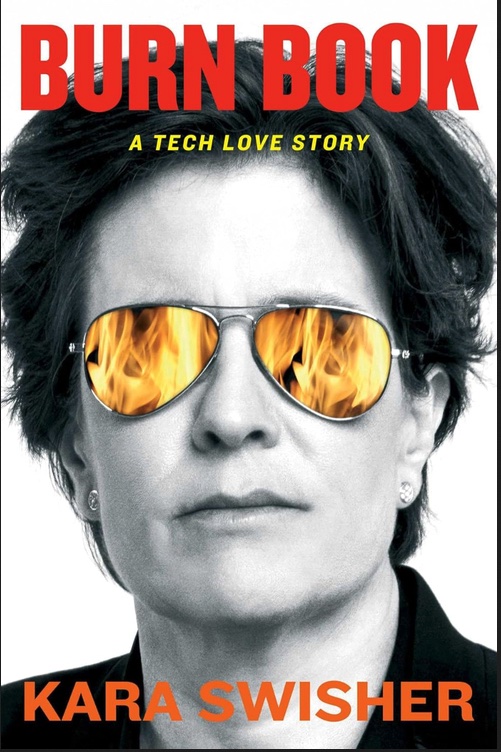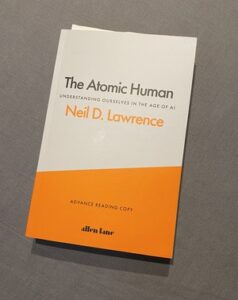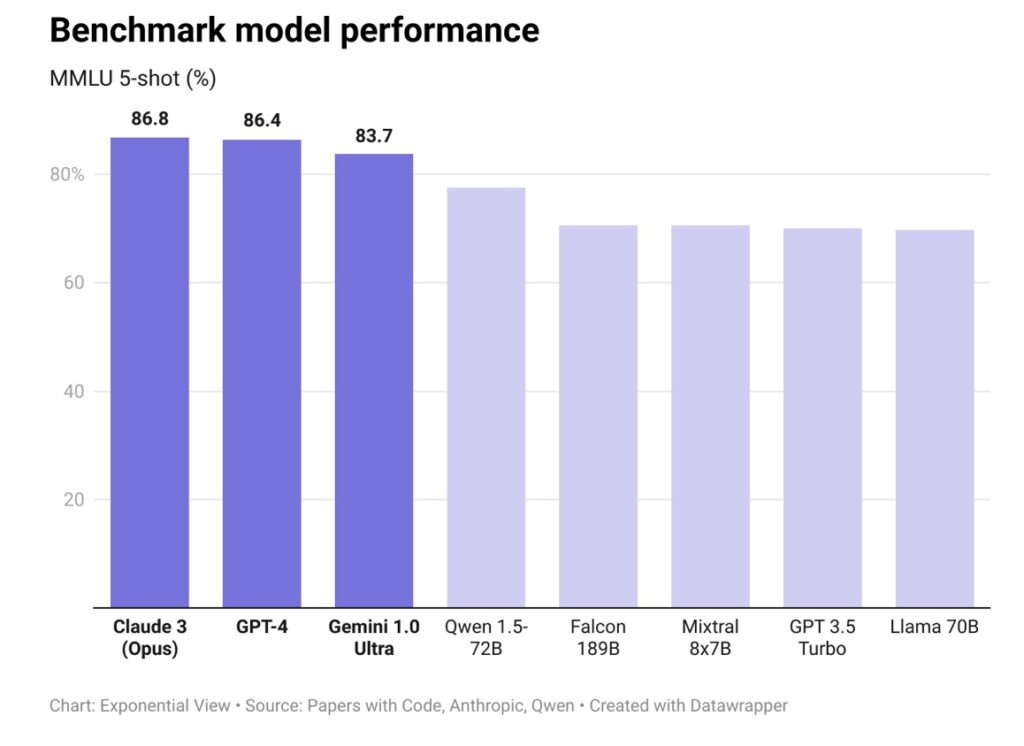Anyone for truffles?

Provence (where else?)
Quote of the Day
”A toy car is a projection of a real car, made small enough for a child’s hand and imagination to grasp. A real car is a projection of a toy car, made large enough for an adult’s hand and imagination to grasp.”
- Michael Frayn
Musical alternative to the morning’s radio news
George Lewis | Burgundy Street Blues | Acker Bilk & his Band (1965)
Long Read of the Day
Angus Deaton: Rethinking My Economics
This is one of the most encouraging things I’ve read this week — a great economist thinking out loud about how he’s been wrong . I wish more people in public life could do this.
Economics has achieved much; there are large bodies of often nonobvious theoretical understandings and of careful and sometimes compelling empirical evidence. The profession knows and understands many things. Yet today we are in some disarray. We did not collectively predict the financial crisis and, worse still, we may have contributed to it through an overenthusiastic belief in the efficacy of markets, especially financial markets whose structure and implications we understood less well than we thought. Recent macroeconomic events, admittedly unusual, have seen quarrelling experts whose main point of agreement is the incorrectness of others. Economics Nobel Prize winners have been known to denounce each other’s work at the ceremonies in Stockholm, much to the consternation of those laureates in the sciences who believe that prizes are given for getting things right.
Like many others, I have recently found myself changing my mind, a discomfiting process for someone who has been a practicing economist for more than half a century. I will come to some of the substantive topics, but I start with some general failings. I do not include the corruption allegations that have become common in some debates. Even so, economists, who have prospered mightily over the past half century, might fairly be accused of having a vested interest in capitalism as it currently operates. I should also say that I am writing about a (perhaps nebulous) mainstream, and that there are many nonmainstream economists.
He thinks economics as a discipline had been wrong in:
- ignoring the role of power in economic (and real) life.
- stopping thinking about philosophy and ethics — and especially equating well-being with money or consumption, missing much of what matters to people.
- being obsessed with efficiency. (The engineers who run tech companies have the same destructive obsession.)
- having an obsession with empirical methods that focus attention on local effects, and away from potentially important but slow-acting mechanisms that operate with long and variable lags.
- Lacking humility in the face of the complexity of the real world.
Books, etc.
The Miseducation of Kara Swisher

Nice demolition job by Edward Ongweso Jr. on the noted tech columnist’s apologia for an over-credulous life.
Though she’d been covering the industry for decades in the likes of the New York Times, Washington Post, and the Wall Street Journal, Swisher could not understand how our enlightened stewards of innovation would capitulate so quickly to an authoritarian-in-waiting. “Welcome to the brave new world,” she concluded. “Yeah, you can say it: Fuckfuckfuck.”
This apparent about-face of Silicon Valley prompted Swisher to undertake some agonized soul-searching, the results of which have been published as Burn Book: A Tech Love Story, a tortured and tortuous memoir that, in remixing swaths of past reporting and commentary, as well as regurgitating tales she’s told ad nauseam, tries to answer two burning questions: How did Silicon Valley end up in that room with Trump? And, more importantly, how did a tech journalist as good and uncompromising as Kara Swisher fail to anticipate this turn to the dark side?
The long and short of it is that Swisher is not a good journalist — or, framed more generously, that she thrived in an industry with remarkably low standards for which we are still paying the price. For decades, tech journalism and criticism has primarily consisted of glowing gadget reviews, laudatory profiles, and reprinted press releases, all of it colored by Silicon Valley’s self-aggrandizing vision of itself as a laboratory of a brighter future.
This is largely identical to what Swisher admits to having believed up until 2016.
Yep.
My commonplace booklet
How to interview a tech man-child
An object lesson from Don Lemon in how to do it properly as he politely exposes the slippery, callow gaucheness of the world’s richest man.
Linkblog
Something I noticed, while drinking from the Internet firehose.
- Neo-Utilitarians Are Utter Philistines Enjoyable rant by Justin Smith-Ruiu.
This Blog is also available as an email three days a week. If you think that might suit you better, why not subscribe? One email on Mondays, Wednesdays and Fridays delivered to your inbox at 6am UK time. It’s free, and you can always unsubscribe if you conclude your inbox is full enough already!





